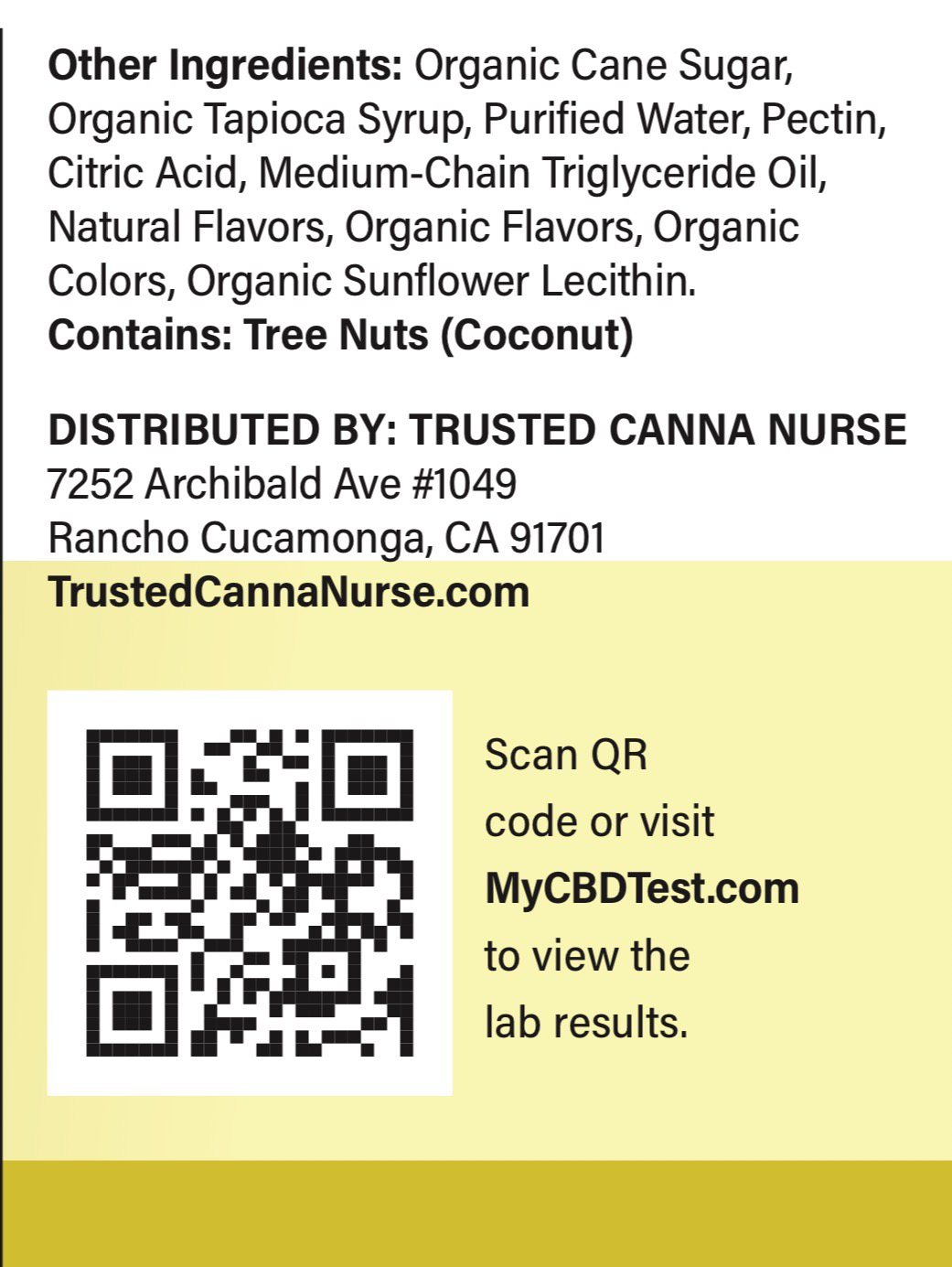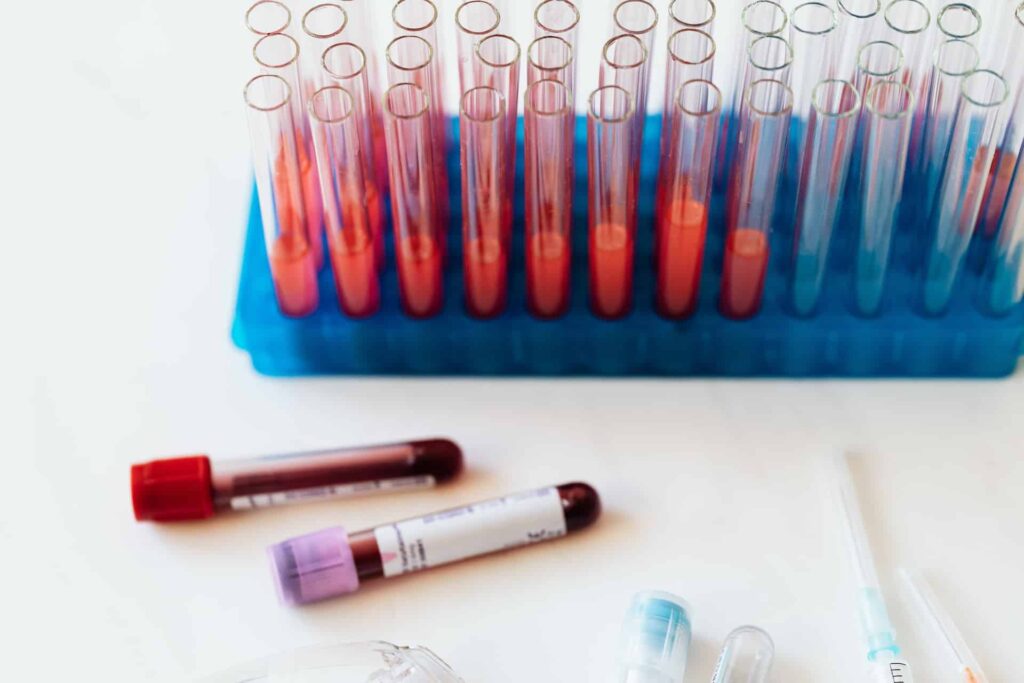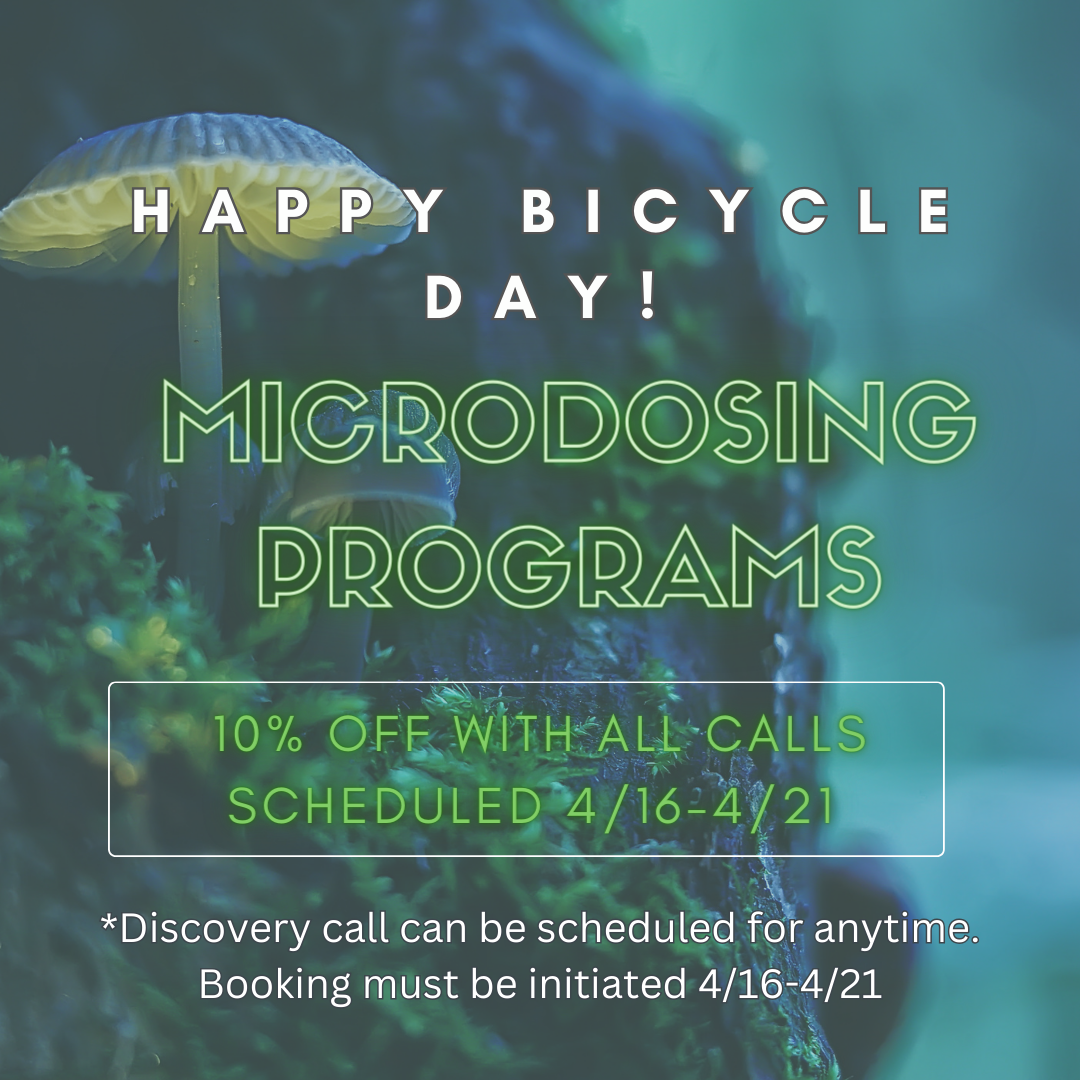Introduction
While most people believe cannabis can be harmless with little to no adverse side effects, there are possibilities of developing an allergic reaction to the plant or one of its components. Recall that cannabis is made of several phytochemicals (plant-based chemicals) which may trigger several interactions in our bodies, including allergies.
An allergic reaction should not be confused with a side effect or adverse effect. A true allergy to a substance triggers an immune system response. Signs of an allergy include minor symptoms like a rash or itching and can progress to more severe symptoms, like shortness of breath and wheezing. The most severe allergic reactions are anaphylaxis, vomiting, seizures, or loss of consciousness.
In contrast, a side effect does not involve the immune system. Side effects are common and predictable to specific drugs and are due to how the substance interacts with the body.
For example, common side effects of cannabis include red eyes, due to dilation of the blood vessels in the eyes. The adverse effect of too much THC includes nausea, vomiting, paranoia, and hallucinations. This is different than an allergy.

Can You Be Allergic to Marijuana?
Yes! Some people have a genuine allergy to cannabis. The overall incidence is not known, but people tend to be at higher risk if they have allergies to other airborne plant pollens. In treating hundreds of patients, we have yet to come across anyone with a true cannabis allergy.
Interestingly, in a study, there was no correlation between cannabis allergy and other botanically-related plants, like elm, mulberry, hop, and stinging nettle. This report was however published in 1983. A recent report from the American Academy of Allergy, Asthma and Immunology shows that breathing marijuana allergens exist, and breathing or inhaling them can lead to nasal or ocular or eye allergy symptoms. These may include sneezing, running nose, itching, and swelling and watery eyes. There is also a possibility of wheezing and shortness of breath. There are also cases of anaphylaxis which is most common with hemp-seed ingestion.
Furthermore, there are reported cases of cross-reactivity between marijuana and certain foods. Cannabis cross-reacting with foods like tomatoes, hazelnut, and peach can activate allergies. This cross-reaction is mostly triggered by proteins found in both foods.
Before we continue, It’s important to differentiate between an allergy to the plant and an allergy to chemicals used in growing or processing the plant. Cannabis acts like a sponge and soaks up pesticides and heavy metals from the soil. In addition, many products go through processing before hitting the shelves, so there may be a substance leftover in the processing that you have an allergy to instead of the cannabis itself.
Signs and Symptoms of a Marijuana Allergy
Signs of a true allergy to cannabis involve the immune system and happen when cannabis is inhaled, ingested, or touched. Most people who are allergic experience
- Hives
- Itching
- Sneezing
- Runny nose/congestion
Watery Eyes
Rare, but entirely possible, is anaphylaxis, in which people experience:
- Low blood pressure
- Difficulty Breathing
- Vomiting
- Swollen Tongue

How to Tell if You are Allergic to Marijuana
If you experience hives, itching, runny nose, or difficulty breathing, when you consume or touch cannabis, you might have a cannabis allergy.
In determining if it’s the cannabis or the chemicals, you first need to look at the test results, or certificate of analysis (COA) like this and ensure you’re getting a clean product. Some companies list the results right on their website. You can also ask your budtender.
People may have an allergy to ingredients in their product or a chemical used to grow the plant. Check the COA to make sure you’re getting a clean product.
Next, you want to check the ingredients in your products and ensure you don’t have any allergies to other ingredients.
If you’re sure it’s not any of the other chemicals causing the allergy symptoms, then you may have a true allergy to cannabis.
If you overdid it on the concentrates or edibles and had severe nausea and vomiting after a single use, this is also not an allergy or CHS, it’s an adverse effect of too much THC.
Trusted Canna Nurse sends printed test results with every order, which no other company is doing.

What to do if You Are Allergic to Marijuana
If you’re allergic to cannabis, then discontinue use immediately and/or stop touching the plant. If the symptoms are mild, like congestion or runny nose, it will likely resolve on its own after a few hours. Taking and over the counter allergy medication, like Benadryl or Zyrtec may help.
If you’re experiencing symptoms of anaphylaxis, like difficulty breathing or throat swelling, seek immediate medical attention. You may need steroids or an epi-pen.

Diagnostics of Marijuana Allergies
An allergy can be diagnosed with a non-invasive skin test , in which the allergist exposes a small area of the skin to cannabis and watches for redness or swelling at that site. If the site gets red and swollen, then the allergy is typically confirmed.

Another way to diagnose is a blood test, which tests the antibody levels in your blood. These tests are usually more costly and take time to get results.
A diagnostic test will just confirm that you have an allergy. Not all allergies need to be confirmed with a skin test or blood test.
Conclusion
While a true cannabis allergy is rare, it’s definitely real.
It’s important to differentiate between an allergy to the plant and an allergy to the chemicals or ingredients in the final product. Ensure you’re getting a clean product by looking at the COA and the ingredients. All products from Trusted Canna Nurse are organic, 3rd party tested, and you get printed test results with every order.
If you’re allergic to cannabis, then it’s best to not consume or touch the plant. If you’re not sure and would like to try cannabis under the supervision of a nurse, call us now to speak with a cannabis nurse expert.
Call 909-575-8007 today.
Last Updated on September 1, 2023 by Megan Mbengue, BSN, RN, CHPN


